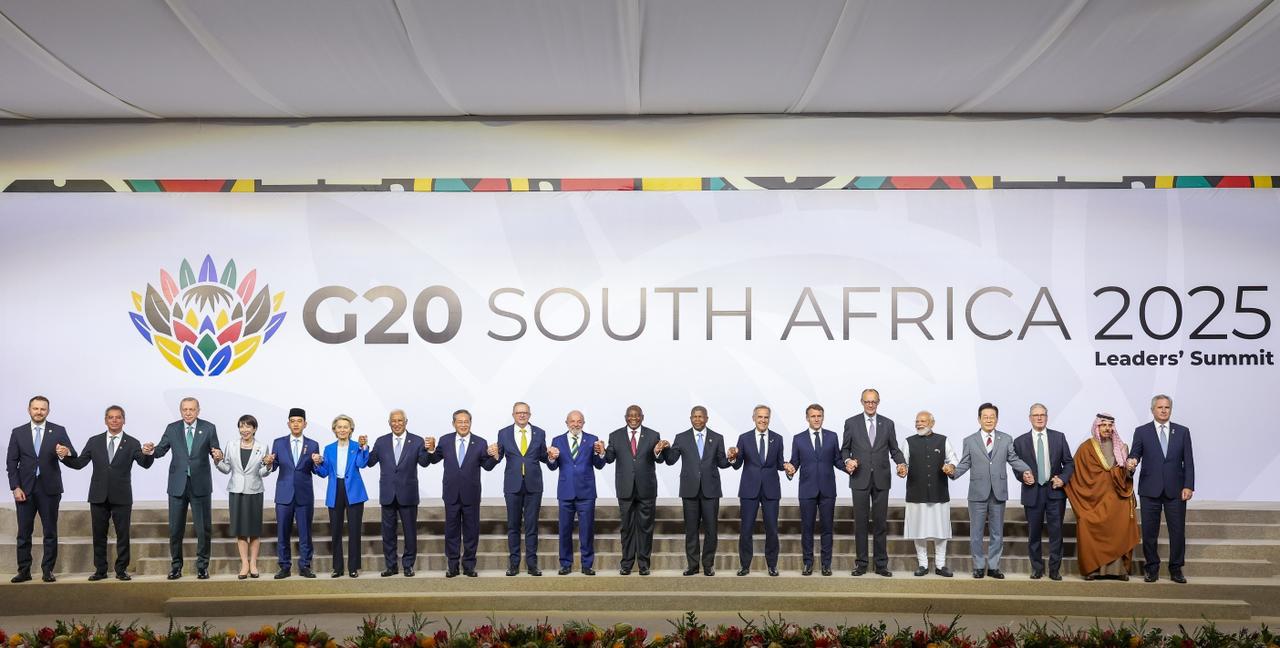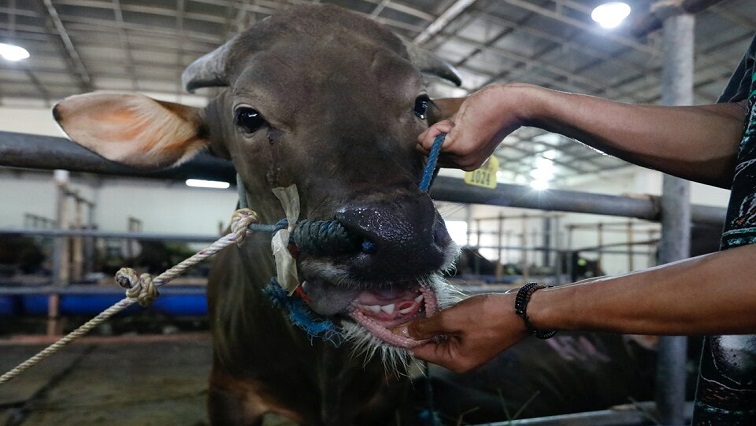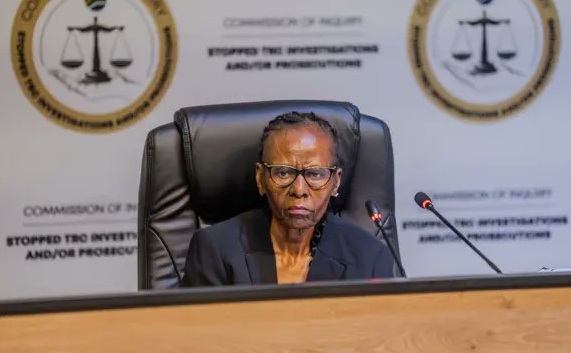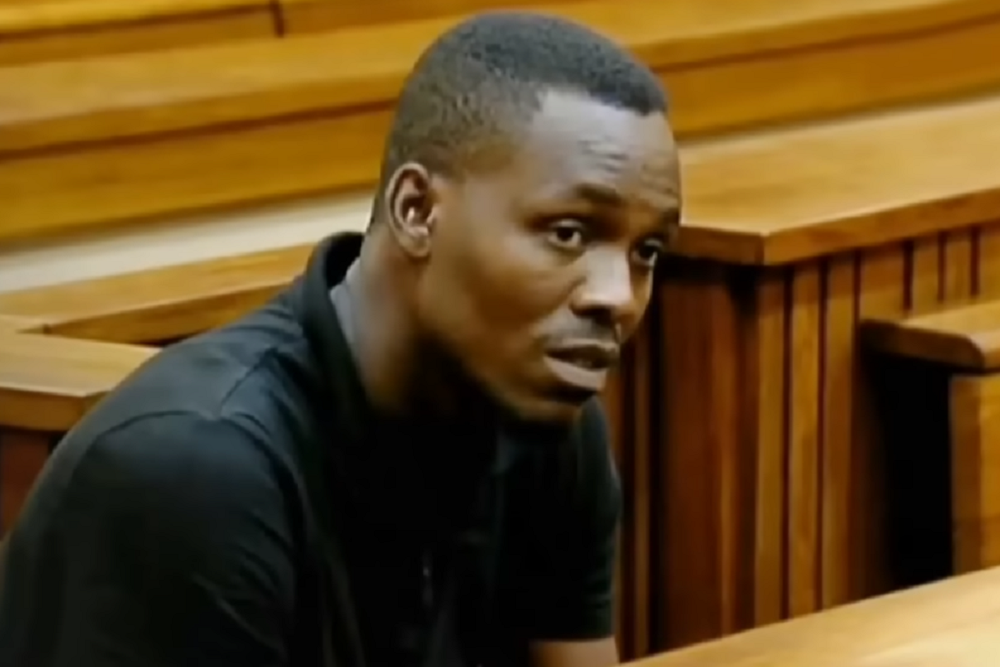The G20 Summit has reflected on the achievements, challenges and future of the G20 bloc since its establishment in 1999.
The Summit in Johannesburg represents the 20th meeting of the group, which sought to bring about global stability in the wake of the 1997 Asian financial crisis.
The G20 Review report commissioned by South Africa has found that the expansion of the group’s scope over time has been positive.
Director of the G20 Research Group and a contributor to the report, Professor John Kirton, explains some of the key debates that have shaped successive summits
“The G20 summit and all the institutions surrounding it, underneath it, do not need to be reformed. They need to be strengthened. And how should they be strengthened? Well, the biggest debate was that some people thought it should go back to basics, strip down the summit, and deal only with the economy as a macroeconomist would. But as we heard from President Ramaphosa this morning, no, it has to do many other things that it has been doing for many, many summits now. Climate change, Health, Gender equality.”
G20 Leaders’ Summit adopts the Declaration
Delegates from across the world, except the US, have gathered in Johannesburg for South Africa’s historic moment in hosting the summit. G20 leaders have unanimously agreed to adopt the declaration at the start of the Leaders’ Summit.
BREAKING NEWS | President Cyril Ramaphosa says the G20 Leaders’ Summit has adopted the declaration by overwhelming consensus. #SABCNewsG20 pic.twitter.com/xWkY3OUDUr
— SABC News (@SABCNews) November 22, 2025
In a departure from tradition, President Cyril Ramaphosa requested fellow G20 leaders endorse the declaration on Saturday, rather than at the end of the summit on Sunday.
President Ramaphosa says the G20 Leaders’ Summit has adopted the declaration by overwhelming consensus.
“G20 underscores the value of relevance, of the relevance of multilateralism. It recognizes that the challenges that we face can only be resolved through cooperation, collaboration and partnership. The adoption of the Declaration from the summit sends an important signal to the world that multilateralism can and does deliver. It sends a message of hope and solidarity across the world. It tells the world that, as the leaders of the G20, we will keep fast to our solemn pledge to leave no person, no community, and no country behind. With those words, I therefore declare the G20 Leaders’ Summit open,” says Ramaphosa.
The #G20Summit2025 declaration states that “We recognise that inequality, unemployment, under-employment and informal employment, pose significant threats to global economic growth, development, social and economic stability.” #SABCNEWSG20 pic.twitter.com/DvDsWJ4mMR
— SABC News (@SABCNews) November 22, 2025
Mining analyst Peter Major says a key takeaway for him is how the government leverages South Africa’s mining strengths to benefit the broader industry.
“We’ve seen Europe’s committee now €750m. They said we’ll go to South Africa. Well, I don’t know, but South Africa wants as large a part of that and deserves as large a part of that as possible for minerals development, you know, to supply the EU with what they call critical minerals. I didn’t really hear that in the president’s speech. I heard him brag up at the end about how we’re committed to clean energy. But, you know, we commit to a lot of things, but they’re usually quite general,” says Major.
Ramaphosa lists Artificial Intelligence (AI) as one of the cross-cutting issues the G20 needs to focus on, alongside inequality, jobs, and food security.
“We acknowledge the G20 Initiative on Supporting Industrialisation in Africa and Least Developed Countries and reaffirm our commitment to help developing countries, particularly African countries, better integrate into the global industrial, value and supply chains and accelerate… pic.twitter.com/l3avRbh1H0
— ANC – African National Congress (@MYANC) November 22, 2025
“AI is quickly becoming one of the most powerful tools when it comes to cybersecurity, especially when it comes to SMEs, which don’t really have a large IT budget and rather large IT teams. So this is where AI can essentially detect attacks faster than humans can and it can analyze millions and millions, you know, signals at a particular time and it can even stop some of these threats automatically before they even occur,” says Cybersecurity Expert Shayimamba Conco.
Ramaphosa’s opening address set the tone for a Summit rooted in solidarity, reform and global cooperation.
VIDEO | G20 Summit | G20 Leaders’ Summit declaration adopted by consensus





